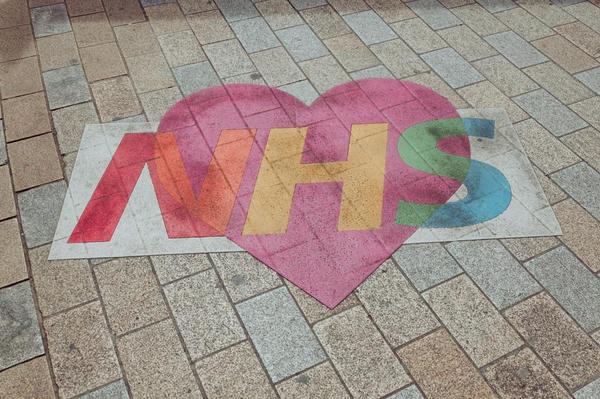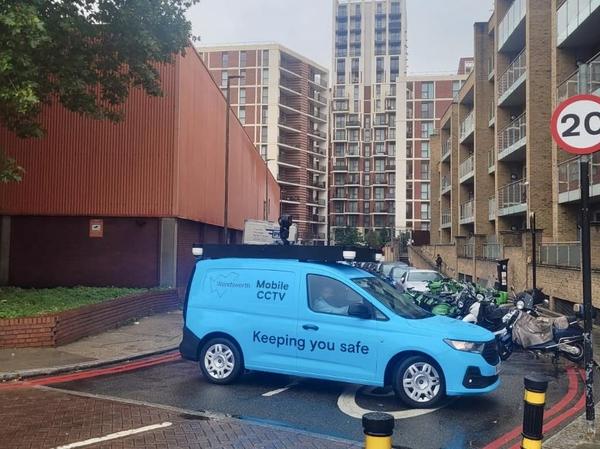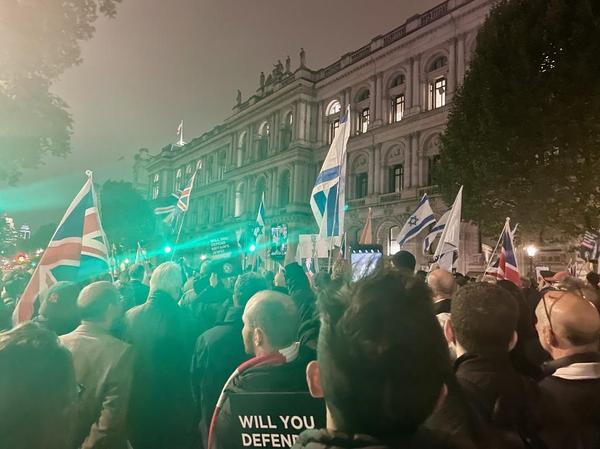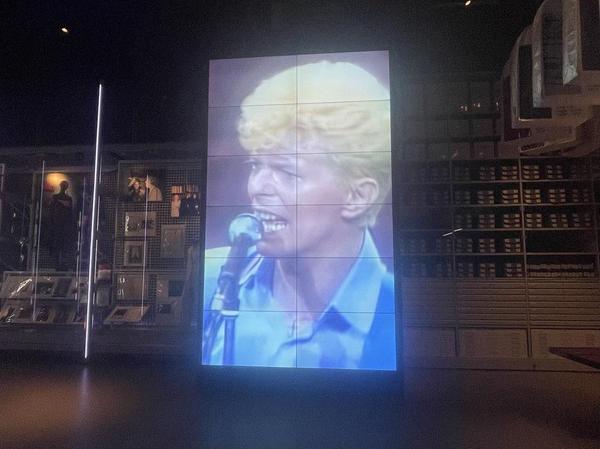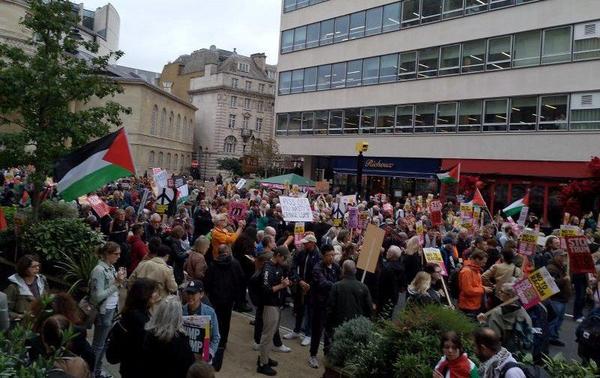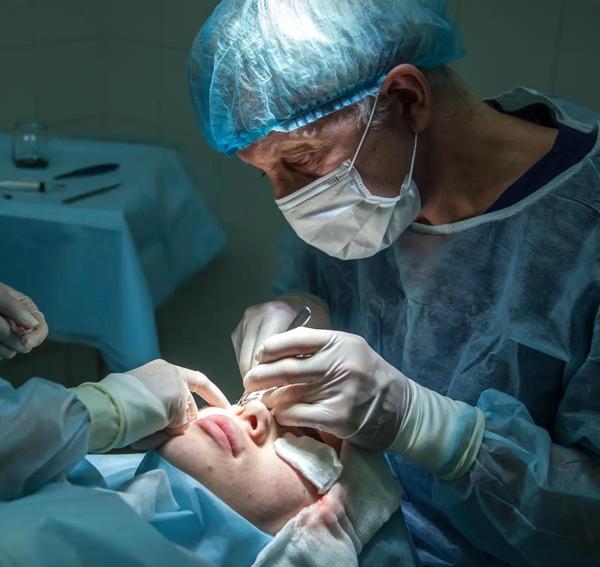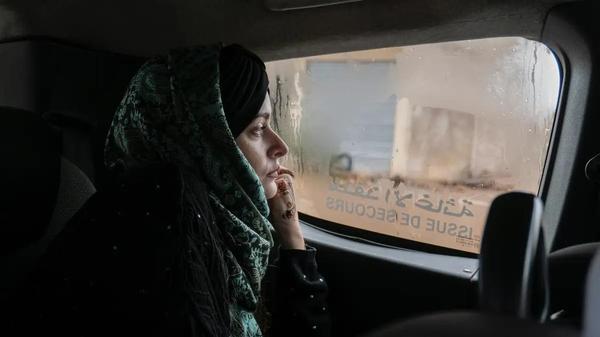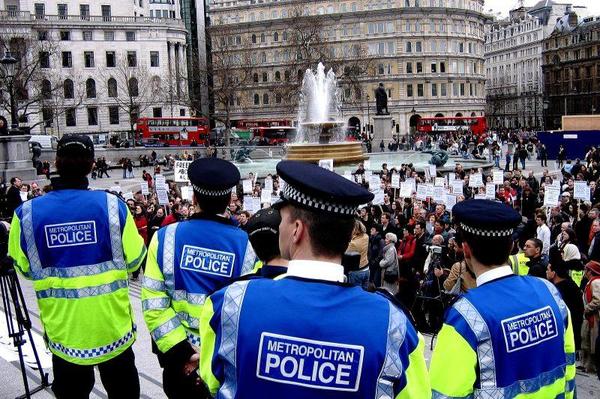
Live facial recognition: 3.5 million faces scanned, Black Londoners still disproportionately flagged | South West Londoner
In 2025, more than 3.5 million Londoners’ faces were scanned by the Metropolitan Police — resulting in just 1,010 arrests, three per every 10,000 people scanned.
Live facial recognition is a form of biometric-enabled technology that works by scanning faces in real time, identifying them based on characteristics like the distance between their eyes and nose.
In practice, the Met pairs this technology with surveillance cameras to scan faces against police watchlists.
The technology was...
Live facial recognition is a form of biometric-enabled technology that works by scanning faces in real time, identifying them based on characteristics like the distance between their eyes and nose.
In practice, the Met pairs this technology with surveillance cameras to scan faces against police watchlists.
The technology was...
